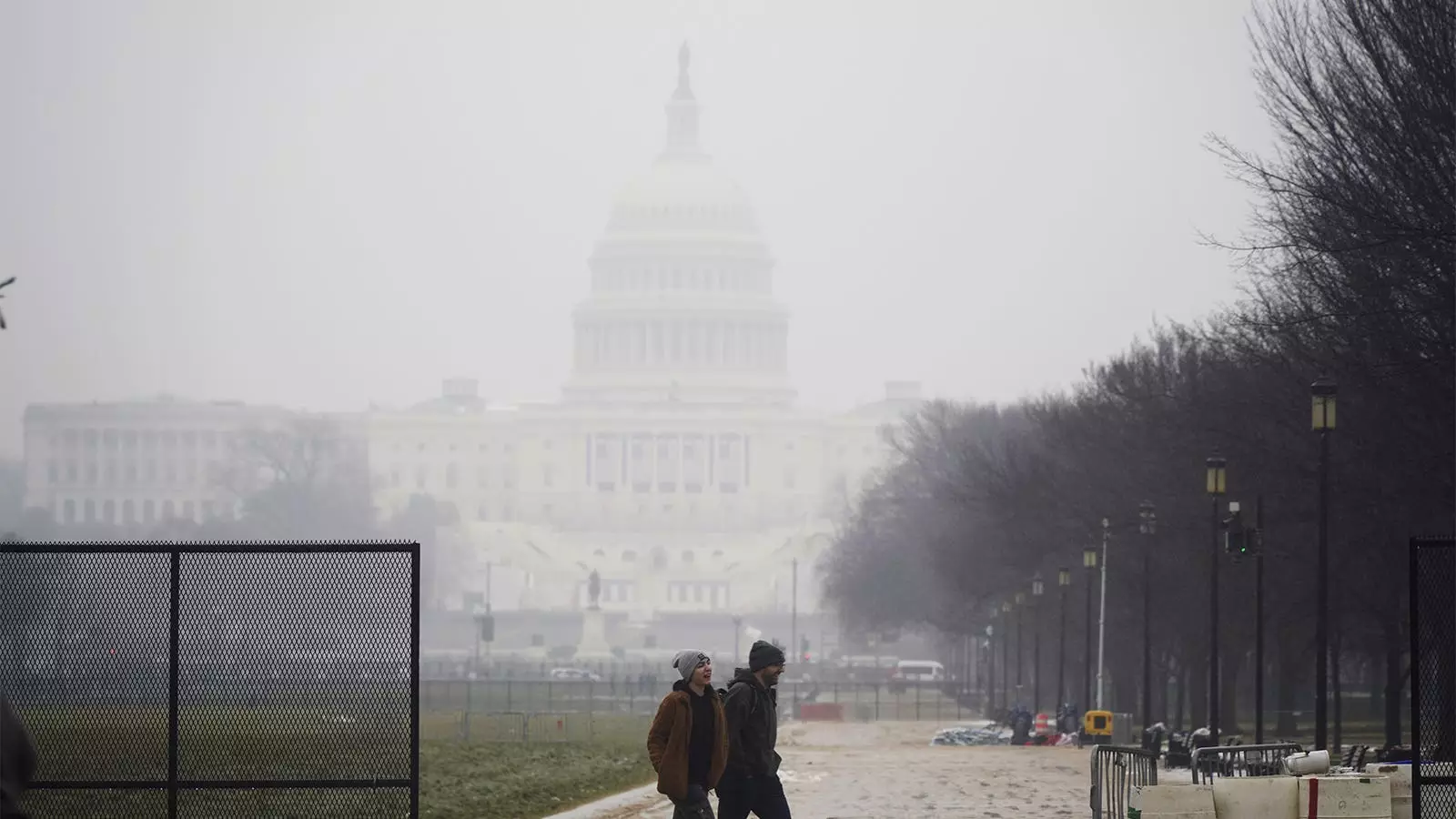The inauguration of President Donald J. Trump marked not just the beginning of his presidency, but also the initiation of a series of controversial executive actions that would shape America’s role on the world stage, particularly concerning global health organizations. The ambitious undertones of Trump’s administration were unmistakably laid out in their early moves, which included the decisive act of withdrawing the United States from the World Health Organization (WHO).
In an executive order, President Trump articulated his intention to dissolve the United States’ ties with the WHO. The President cited the organization’s perceived mismanagement during the COVID-19 pandemic—particularly calling attention to its response to the outbreak that originated in Wuhan, China. Trump emphasized the need for structural reforms within the WHO, claiming that the organization failed to maintain independence from political pressures of member states, particularly regarding financial contributions. He pointed out the stark contrast in contributions made by countries such as China, insinuating that the economic burden placed on the United States was disproportionately higher.
While these assertions provided a veneer of justification for the withdrawal, they also sparked significant backlash from various stakeholders who argued that disengaging from the WHO would ultimately weaken America’s influence and compromise global health security. Critics, including former CDC Director Tom Frieden, underscored the WHO’s unique capacity to address health crises effectively. Frieden’s remarks highlighted the counterproductive nature of Trump’s approach, arguing that abandonment would not lead to meaningful reform but rather exacerbate challenges posed by health emergencies on a global scale.
Following Trump’s actions, President Joe Biden vehemently reversed the decision to withdraw from the WHO shortly after taking office in January 2021. This move was viewed by many as a restoration of America’s commitment to global health governance and cooperation. The Biden administration emphasized the necessity of collaboration to strengthen international health systems and prepare for future pandemics.
Biden’s withdrawal reversal underpinned a broader strategy aimed at re-establishing the United States as a trusted ally and leader in health initiatives worldwide. By opting to remain with the WHO, Biden aimed to not only influence reforms from within but also reinforce the United States’ role in shaping global health policy.
Trump’s focus on national interests echoed through several of his executive orders, which included withdrawing from the Paris Climate Agreement, further intertwining health and environmental policies with economic considerations. Trump’s administration framed these actions as prioritizing American economic stability, yet critics argued they ignored the interconnectedness of health and environmental degradation.
The rescinding of Biden-era executive orders that aimed to protect marginalized identities, enhance health access, and reduce prescription drug costs indicated a stark policy shift from a public health-centric approach to one driven by economic nationalism. These decisions elicited concerns over the potential repercussions for public health, just as many believed that promoting health equity and safety was crucial for a resilient society.
The divergent strategies of the Trump and Biden administrations encapsulate a broader debate over America’s role in international organizations. While Trump’s administration opted for isolation and withdrawal under the guise of sovereignty preservation, Biden’s philosophy emphasized engagement and collaboration, particularly in addressing pressing issues like global pandemics. This ideological clash ultimately represents a concerning trend where health policy becomes deeply intertwined with partisan politics, risking public health outcomes in favor of political agendas.
Dr. Frieden’s insistence that “real reform requires engagement,” serves as a reminder that overlooking the complexities of global health governance could have detrimental effects. The peril lies in viewing health organizations and global cooperation as burdens rather than essential frameworks for tackling crises that do not respect national borders.
As the political backdrop continues to evolve, the implications of these early executive actions will reverberate for years to come. The effectiveness of global health initiatives, the ability to combat future pandemics, and America’s standing in the arena of international relations hang in the balance. The actions taken by both administrations underscore the intricate interplay between politics and public health, highlighting the urgent need for a balanced approach that blends national interests with global responsibilities. The journey ahead calls for leaders willing to prioritize evidence-based policies that promote global health while fostering a spirit of collaboration and partnership on the international stage.

